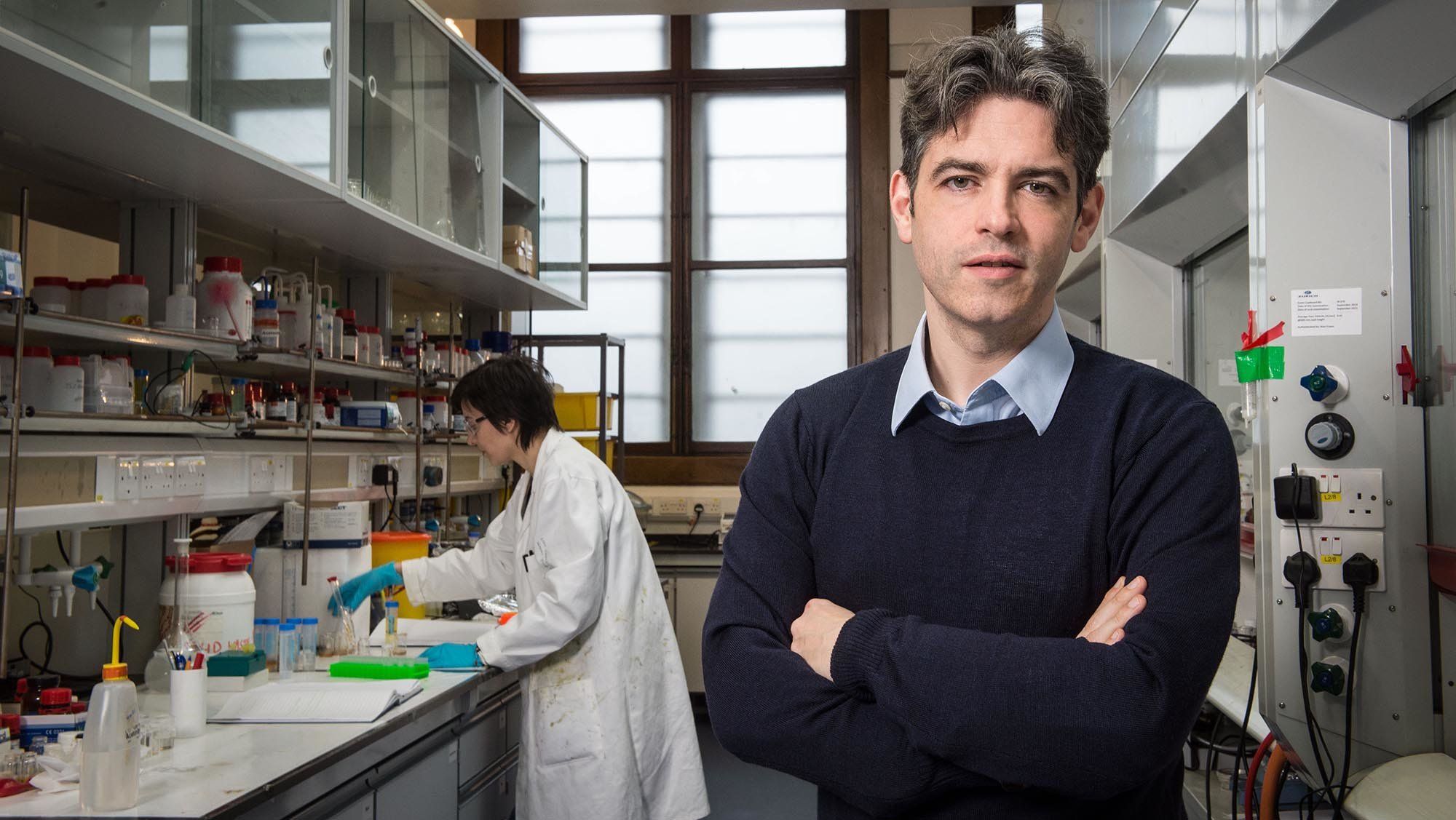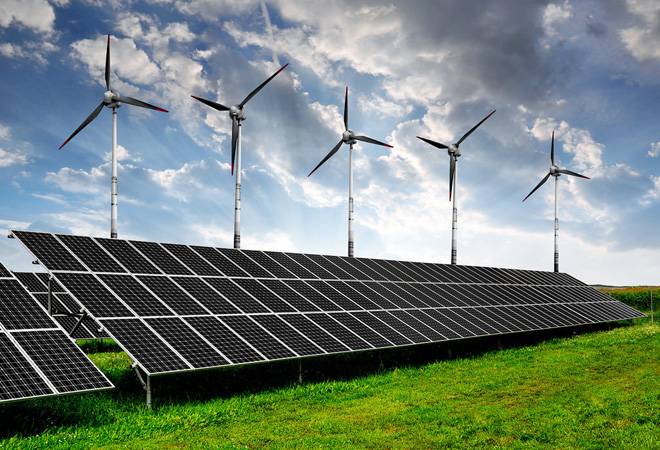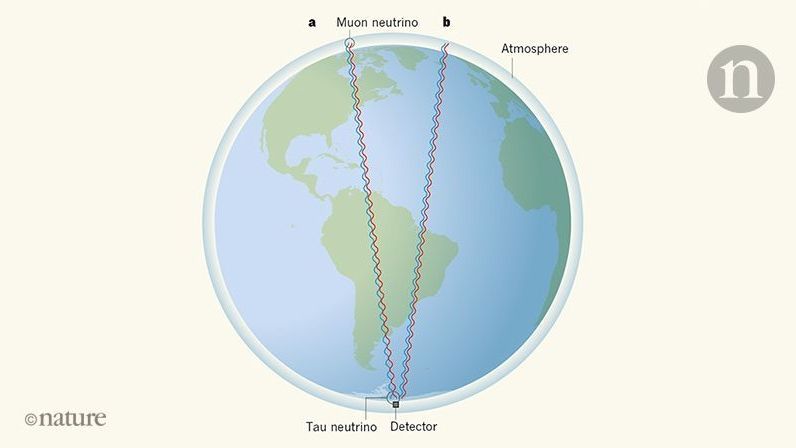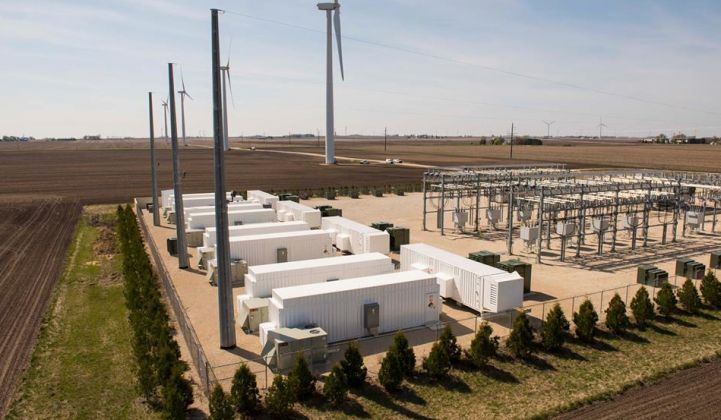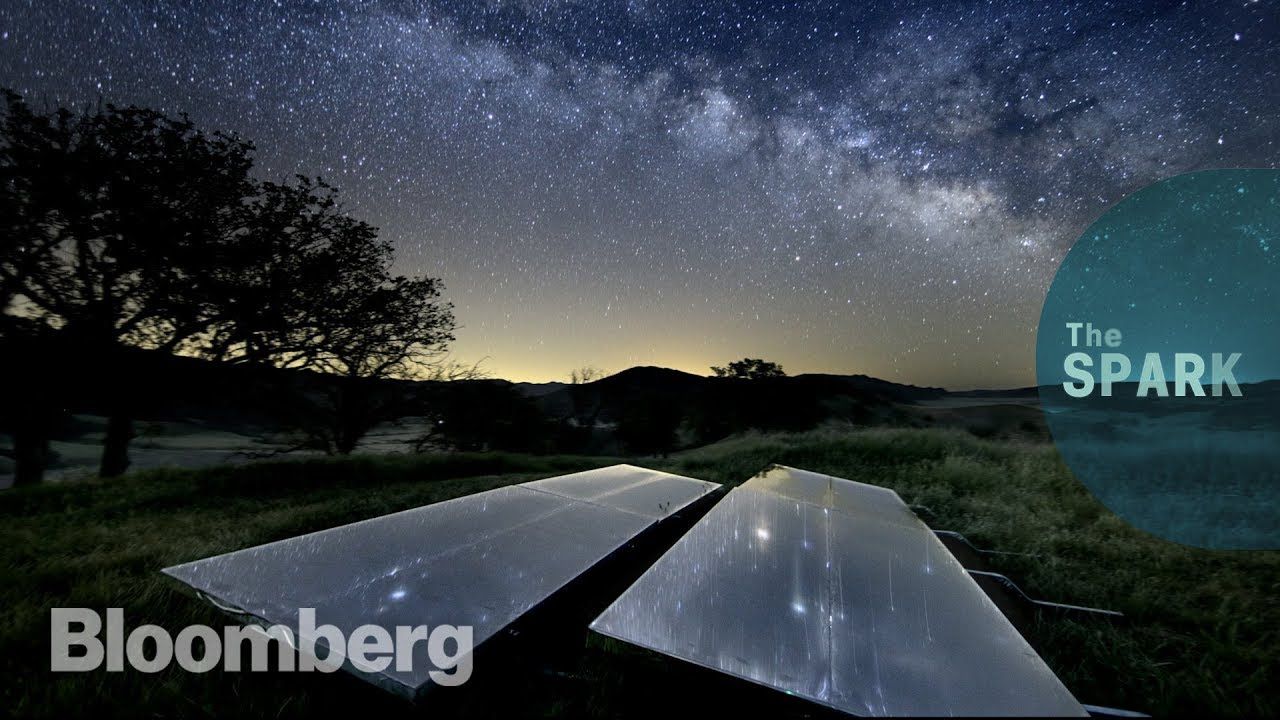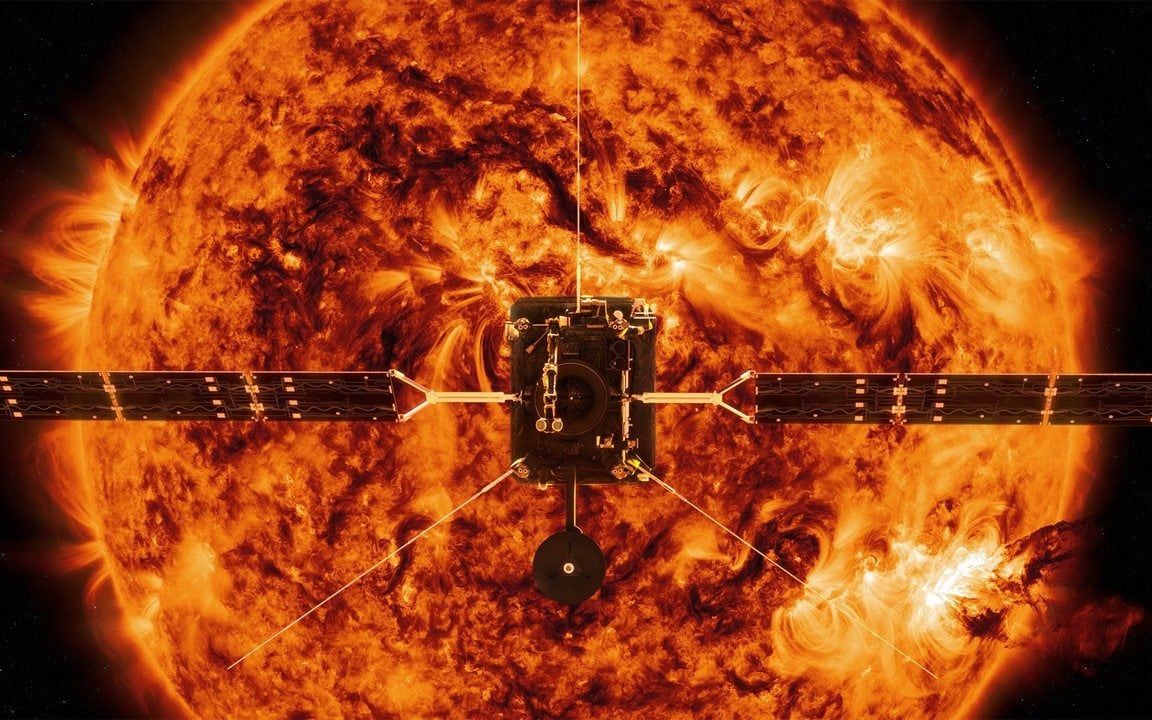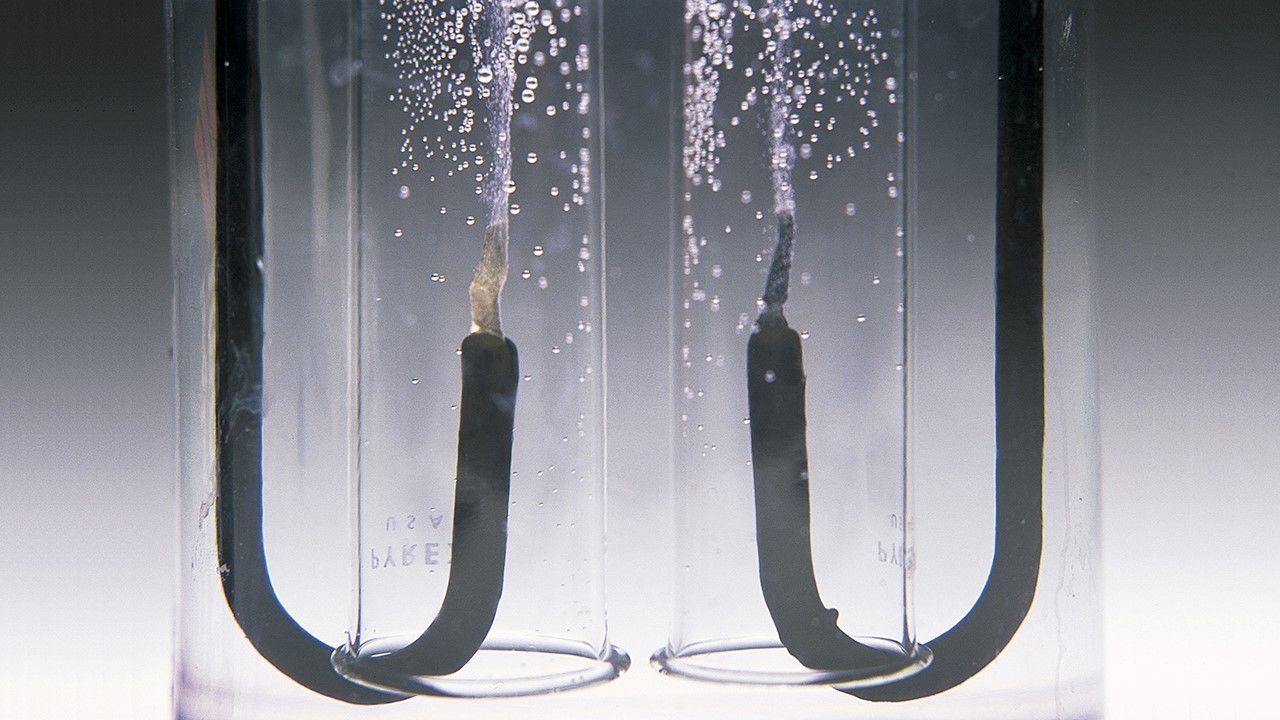Sep 25, 2018
Tenfold improvement in liquid batteries mean electric car refuelling could take minutes
Posted by Shailesh Prasad in categories: chemistry, energy, sustainability, transportation
One of the biggest drawbacks of electric vehicles – that they require hours and hours to charge – could be obliterated by new type of liquid battery that is roughly ten times more energy-dense than existing models, according to Professor Lee Cronin, the Regius Chair of Chemistry at the University of Glasgow, UK.
What’s so special about this liquid, or flow, battery?
“A normal electric vehicle has a solid battery, and when that runs out of charge you have to recharge it by plugging it in to a power socket. This takes half an hour or so if you find a rapid charger at a motorway service station, or up to 12 hours at home. Our battery, however, is made of a liquid rather than a solid. If you run out of charge, you could in principle pump out the depleted liquid and – like a regular petrol or diesel vehicle – refill it with liquid that is ready-charged. And that would take minutes.”
